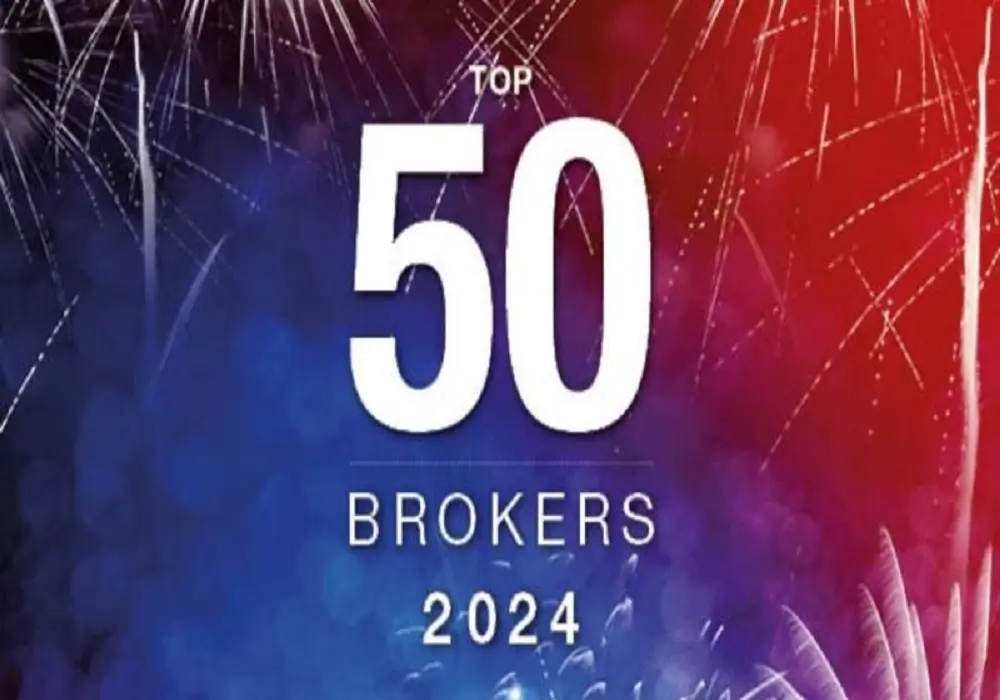In the rapidly evolving landscape of the insurance industry, mergers and acquisitions have become an essential strategy for growth, survival, and competition. Recently, Aviva, one of the largest insurance firms in the UK, has expressed a keen interest in acquiring Direct Line Group (DLG). This potential takeover bid is more than a strategic maneuver; it signals Aviva’s intention to consolidate its market position, enhance its operational capabilities, and unlock substantial value for its stakeholders. This article delves into the motivations behind Aviva’s interest in DLG, analyzing the potential benefits and challenges associated with such a significant corporate move.
Strengthening Market Position
One of the primary drivers behind Aviva’s interest in DLG is the desire to strengthen its foothold in the UK insurance market. The UK market is characterized by intense competition and regulatory changes, making consolidation a viable path for achieving market leadership. By acquiring DLG, Aviva would significantly boost its market share, bringing together two of the major players in the sector. This consolidation could potentially create a more formidable entity capable of competing with other insurance giants, both domestically and internationally.
Complementary Product Offerings
DLG is known for its comprehensive product portfolio, covering various aspects of general insurance, including motor, home, and travel insurance. By absorbing DLG, Aviva could integrate complementary product lines into its existing portfolio, allowing for cross-selling opportunities and a more holistic offering to their customer base. This diversification could cater to a broader audience, satisfying various customer needs with tailored insurance solutions.
Operational Synergies
Every merger or acquisition brings the opportunity to achieve operational synergies, and Aviva’s potential acquisition of DLG is no exception. Combining the operational strengths of both companies could lead to cost efficiencies in areas such as product development, claims handling, and customer service. Shared technologies, streamlined processes, and consolidated infrastructure will likely result in reduced operational costs, thus improving financial performance in the long run.
Innovation and Technology Leverage
The insurance industry is on the cusp of a technological revolution, with digital transformation being the key to future success. Both Aviva and DLG have been investing in technology to improve customer experience and operational efficiency. A merger would allow the two companies to pool their technological resources, leading to accelerated innovation. Access to a wider range of data analytics tools and AI-powered technologies could enhance underwriting processes, risk assessment, and personalized customer service.
Regulatory Considerations and Challenges
While the potential benefits of acquiring DLG are significant, Aviva must also navigate a complex regulatory landscape. The merger would likely be subjected to scrutiny by competition authorities to ensure that market practices remain fair and consumer interests are protected. Aviva will need to present a compelling case that the acquisition will not lead to a monopoly or reduce customer choice in the marketplace.
Cultural Integration
Merging two large organizations involves more than just aligning financial goals; it requires blending distinct corporate cultures. Successful integration depends on nurturing a unified corporate identity and aligning the values and practices of both companies. Aviva would need to focus on integrating teams, aligning leadership, and fostering an inclusive culture to maximize the combined workforce’s potential.
Financial Implications
An acquisition of this magnitude carries financial implications that need to be carefully managed. Aviva would have to strategize on how to finance the acquisition, possibly through a combination of debt, equity, or divestiture of non-core assets. Although the initial financial outlay could be substantial, Aviva expects to realize returns through increased market share, operational efficiencies, and enhanced revenue streams in the future.
Strategic Timing
Finally, the economic timing and market conditions play a pivotal role in Aviva’s decision. With the market recovering post-pandemic and economies stabilizing, Aviva sees potential in expanding while the competition is still recalibrating. This strategic timing could allow Aviva to secure a competitive advantage, setting the stage for sustainable growth.
In conclusion, Aviva’s interest in acquiring Direct Line Group encapsulates a multifaceted strategy aimed at enhancing its market position, broadening its service offerings, realizing operational efficiencies, and driving innovation. While the road ahead is fraught with challenges, particularly those related to regulatory compliance and cultural integration, Aviva’s leadership appears confident in the pursuit, seeing the acquisition as a vital step toward consolidating its leadership in the financial services industry. With due diligence, meticulous planning, and strategic execution, Aviva aims to unlock significant value and spearhead a new era of growth and innovation in the insurance sector.











